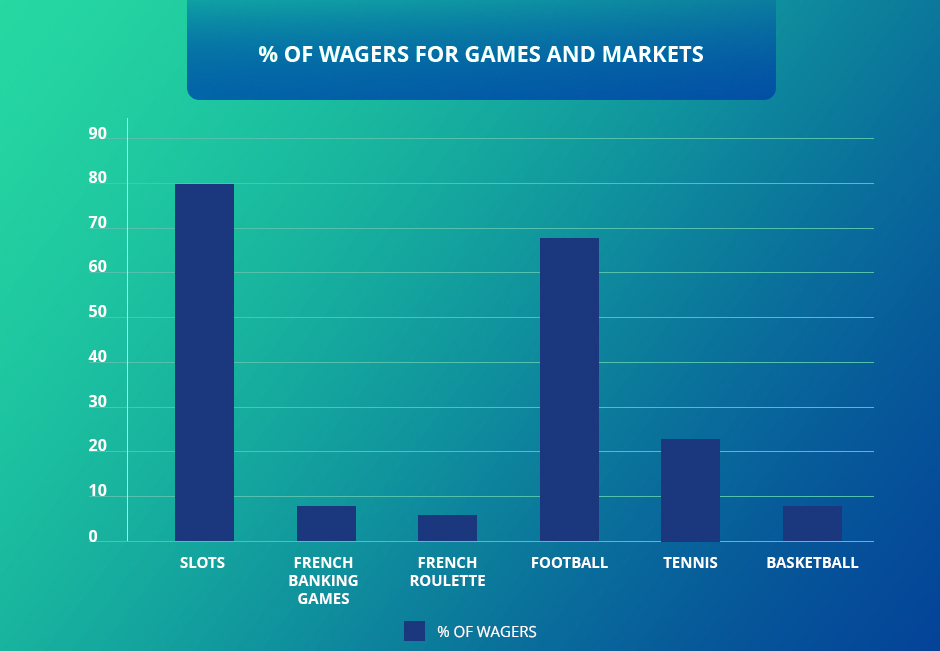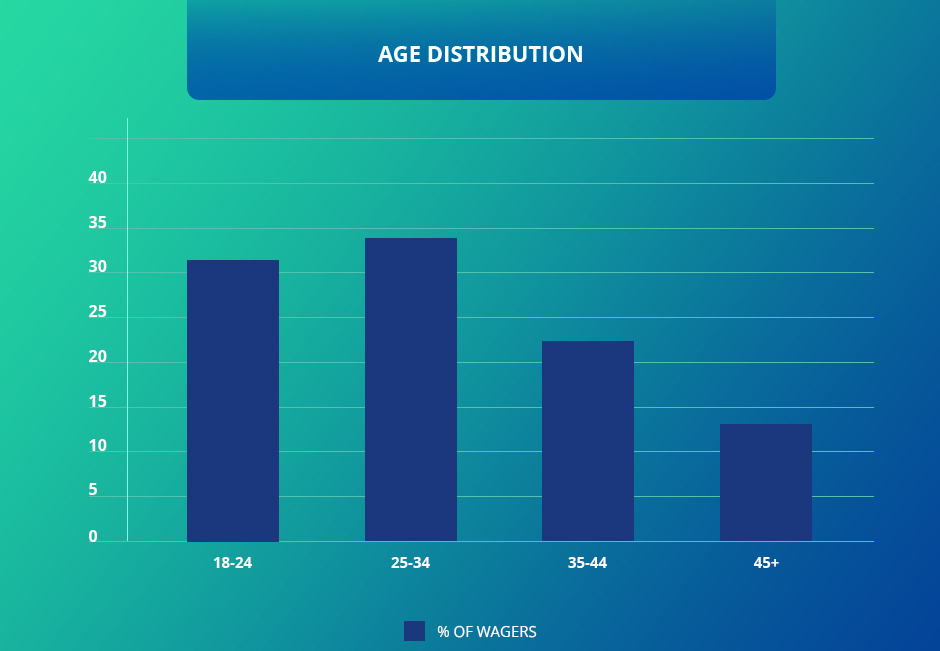
Portugal’s Q2 Report: A Rising Market

Portugal’s iGaming market is on the rise, according to the Gaming Regulation and Inspection Service’s (SRIJ) recently released Q2 report. The country generated revenue of €287 million, a 9.6% increase from last year’s Q2.
The report also shows a 27% surge in self-exclusion registrations. Check out our article for details on the past and present of Portugal’s iGaming market and potential future challenges.
Current State of the Market
The Portuguese gambling market has grown significantly, driven by strong regulation. The GGR for online casino games in 2024 achieved a yearly growth rate of 31.2%, while for sports betting it went up to 11.4%.
Slots are the most popular type of game, with football having the biggest market among sports betting fans. Here’s an overview of the iGaming market’s growth leading into 2025:
| Quarter: | Gross Gaming Revenue: |
|---|---|
| Q3 2023 | €215.2 million |
| Q3 2024 | €266.3 million |
| Q4 2024 | €323 million |
One reason for Portugal’s success is the strict regulation. The country runs a national self-exclusion program. Operators face heavy sanctions for breaching laws, such as €1 million fines.
Meanwhile, the games are also accessible to non-residents with no personal income tax on gambling winnings. Portugal’s success provides a good contrast to Romania raising the gambling winnings tax.
Portugal’s Q2 2025
Compared to last year’s Q2, 2025 saw an increase of 9.6% in gross gaming revenue, earning €287 million. Online casino games, particularly slots, continue to be preferred by Portuguese players with a 15.4% annual increase in the betting volume.
Football continues to be popular, making up 67.7% of wagers. Here are the other top game types and markets:

Seventeen licensed operators held 30 licenses in Q2. While the high fees make it difficult to enter the market, many operators are satisfied with the stable growth.
The Special Online Gaming Tax, which consists of 25% of an online casino’s GGR and 8% of monthly gross turnover for sports betting, gathered €81.2 million in state revenue.
Player Demographics
An interesting part of the player demographics is that 77.8% of users are below 45. Men make up the majority, with people aged 25-34 being the most active.
Meanwhile, people aged 18-24 make up 30.7% of new registrants, showing an increase in player interest. Below you can see the distribution of age groups based on data from the last two years:

Porto and Lisbon have the highest share of registrations, 21.7% and 21.1% respectively, as those are large cities with many young people.
While Portuguese citizens comprised 94.6% of players, 49% of international registrations were Brazilian. Finally, a total of 4.87 million new accounts were created, however only 1.12 million were active players, which shows a 2.6% year-on-year decline.
Reinforcing Responsible Gambling
The SRIJ has also recorded 326,400 registrations for the self-exclusion program. That is a 27% increase compared to Q2 2024, showing that even more people are aware of responsible gambling tools.
Portugal is extremely strict with its gambling laws. It is aware that responsible gambling ads aren’t always effective by themselves. Legal operators also have to go through a lengthy licensing process with fees, such as:
- €18,000 for the process of verifying and approving products
- €12,000 to obtain and renew licenses
- €500,000 to ensure the operator complies with the law and can protect players in a bad financial situation
All operators must provide self-exclusion programs and other responsible gambling tools, and adhere to strict standards for AML measures. While the strict regulation and special online gambling tax make it hard to enter the market, many operators continue to apply. That’s because of the Portuguese gambling industry’s rapid growth.
History of Portugal’s Gambling Market
Portugal’s gambling market history is closely tied to its colonization efforts in the 16th century. Sailors would bring card and dice games from other lands and often play them with their families or at inns.
As gambling became more popular, proper regulation became necessary. This led to the introduction of the Gambling Act of 1927. Here’s a timeline with some of the most important dates in Portugal’s market:
- 1783: Creation of the Royal lottery
- 1916: Casino Estoril, the first legal land-based casino, opens
- 2010: Sports betting legalized
- 2015: Law No.66/2015 legalized online gambling and SRIJ established
- 2022: Portugal launches national self-exclusion system
While it took some time, the government has begun embracing the gambling market and implementing regulations to protect players. In 2023, it established new fees, such as €12,000 for operators to acquire and renew licenses. Later in 2024, new advertising regulations were created to protect minors and problem gamblers.
Future Challenges
Based on the Q2 report, Portugal’s market is expected to keep growing. New players are constantly making accounts, and more operators are entering the market.
While this leads to more innovation and competition, the government must continue its strict monitoring. We hope the gambling industry in Portugal will continue to be successful and will update you on future reports.

